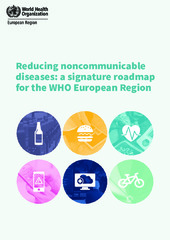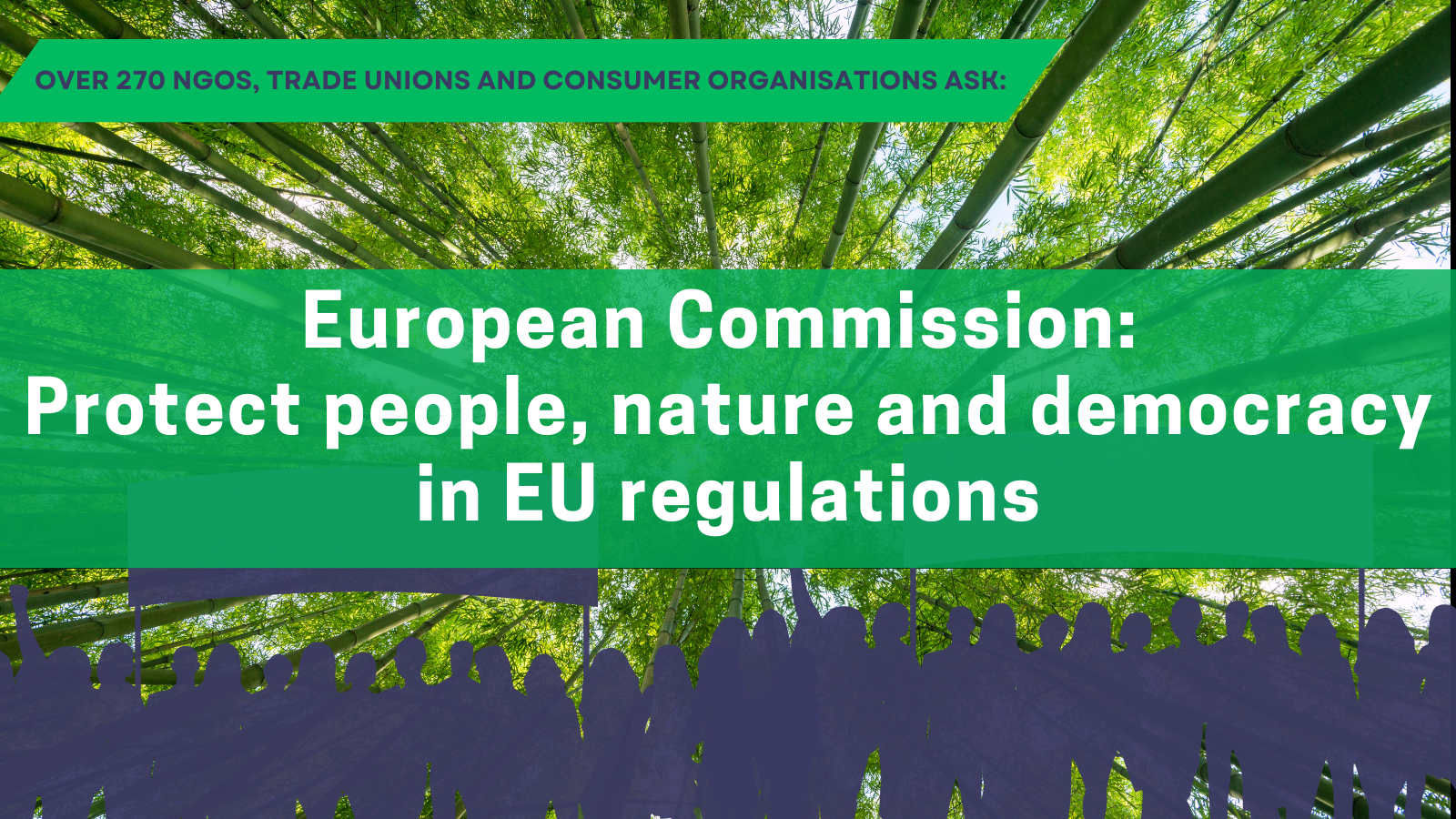The ban of BPA in food contact materials will help protect people from these endocrine disrupting chemicals (EDCs), that have also been classified as toxic for reproduction since 2006 under REACH. Exposure to Bisphenol A and other bisphenols is associated with breast cancer, infertility, early puberty, diabetes and obesity, and neurological disorders in children. But this restriction focuses on one area where bisphenols are widely used – the work to protect people's health from the group of chemicals, and in particular children is therefore far from over.
In December 2020, the Regional Director of the WHO Regional Office for Europe established the Advisory Council on Innovation for Noncommunicable Diseases (NCD Advisory Council), on which HEAL’s Executive DIrector Genon K. Jensen serves as an advisor.
The NCD Advisory Council aims at intensifying efforts to tackle noncommunicable diseases (NCDs) which are responsible for nearly 90% of deaths and 85% of years lived with disability in the WHO European Region.
 Now, the NCD Advisory Council has published Reducing noncommunicable diseases: a signature roadmap for the WHO European Region.
Now, the NCD Advisory Council has published Reducing noncommunicable diseases: a signature roadmap for the WHO European Region.
This Roadmap takes stock of the WHO European Region’s progress towards the health-related Sustainable Development Goals (SDGs), in particular the target to reduce by one third premature mortality from noncommunicable diseases (NCDs) through prevention and treatment, and promote mental health and well-being. It also aims to boost efforts in the WHO European Region to tackle NCDs during the period 2021–2025, while defining a common vision and an approach flexible enough to accommodate new opportunities or unanticipated challenges.
At its centre are six signature initiatives
- covering cardiovascular diseases (hypertension and salt intake)
- childhood obesity
- digital marketing
- greener and healthier cities
- alcohol taxes as health taxes
- data and digital health
These signature initiatives comprise actions to increase engagement and advocate for scaled-up policy implementation and actions to accelerate progress by innovating, advancing knowledge or developing new tools.
HEAL contributed to developing the signature initiative 5 on “greener and healthier cities – improving air quality and healthy mobility”. Given the burden of disease due to ambient and household air pollution is substantial, with an estimated 550 000 premature deaths per year in the WHO European Region, reducing exposure to air pollution is urgent and requires multisectoral actions – from global to local. The WHO Regional Office for Europe plays an important role by chairing the Joint Task Force on the Health Aspects of Air Pollution under the United Nations Economic Commission for Europe Air Convention and providing the secretariat to the Transport, Health and Environment Pan-European Programme (THE PEP) platform that aims to strengthen intersectoral collaboration to achieve green, healthy transport and mobility for all in Europe.
This signature initiative will support Member States to develop conditions for safe non-motorized transport, in particular cycling and walking, would deliver multiple health benefits not only through improved air quality, but also due to less noise, reduced risk of road-traffic injuries and conditions more conducive to physical activity, including through urban design with accessible green and blue spaces.
This signature initiative also aims to increase Member States’ development of national cycling policies, strategies and/or programmes as well as improving air quality, reducing noise pollution and mitigating effects of heat-waves through urban planning to support cycling, walking and sustainable transport. It also supports development of programmes in the wider context of strengthening urban resilience through planning, building insulation, tree canopy and other measures by 2025.
Find the roadmap here



